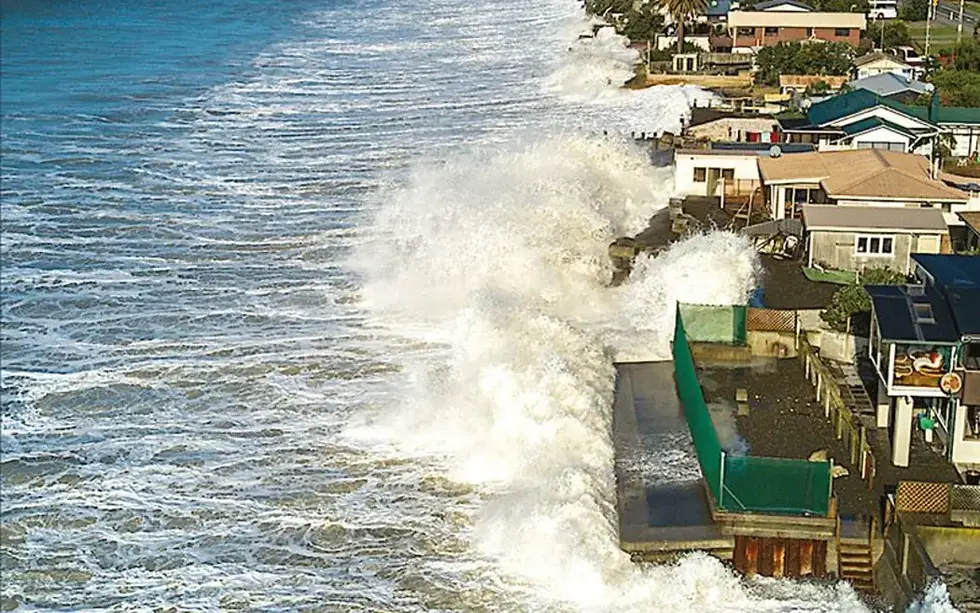Sociology : National Affiliation for Climate migrants
- charlotteselve8
- 2 sept. 2023
- 2 min de lecture
In a world of ever-evolving geopolitical landscapes and the looming specter of climate change, it's crucial to distinguish between colonization, population displacement, migration, and the emergence of micro-nations.
These distinctions are not just semantic; they carry profound implications for the future of climate migrants and the legal and political landscapes that will define our world.
Join us on this exploratory journey as we unravel these complex concepts and their impact on our changing world.
Colonization: The Historical Legacy
Colonization, etched deeply into the annals of history, refers to the process by which a foreign power establishes control over a territory, its people, and its resources.
Historically, colonization has often been driven by imperial ambitions and economic interests. This practice, which has reshaped continents and cultures, often resulted in the subjugation of indigenous populations and the exploitation of natural resources.
Migration: A Choice or Necessity?
Migration, on the other hand, involves the voluntary movement of people from one place to another. It can be driven by a myriad of factors, including economic opportunities, family reunification, or a quest for a better quality of life. Migration encompasses both internal movement within a country (internal migration) and movement across international borders (international migration).
Population Displacement: Forced Exodus in the Face of Disaster
(Climate migrants)
Population displacement is the involuntary movement of people from their homes due to factors like natural disasters, conflict, or persecution.
It's an immediate response to dire circumstances, where individuals and communities are compelled to leave their homes for the sake of their safety and survival.
Climate change-induced events, such as rising sea levels, extreme weather events, and resource scarcity, are increasingly driving population displacement worldwide.
Temporary Relocalization: A Legal and Political Conundrum
In the context of climate migrants, the concept of temporary relocalization is gaining traction. It involves the temporary resettlement of individuals and communities affected by climate change impacts, offering them safety until conditions in their places of origin improve. While temporary relocalization may provide a short-term solution, it raises legal and political questions about the rights and status of displaced individuals, as well as the responsibilities of host countries.
Micro-Nations: The Emergence of Sovereign Identity
Micro-nations are small, often self-declared, entities that claim independence and sovereignty over a defined territory. While some micro-nations are rooted in political or ideological movements, others emerge from creative and experimental endeavors. These miniature nations raise questions about the nature of statehood, governance, and the assertion of cultural or ideological identity.
Navigating the Seas of Change
As the effects of climate change intensify, a nuanced understanding of these concepts becomes paramount. Addressing the needs of climate migrants and fostering the emergence of micro-nations require thoughtful, adaptive legal and political frameworks.
Our world is at a crossroads, where the decisions we make today will shape the future of those on the move and the micro-nations that may rise from the ashes of climate change-induced displacement.
In conclusion, colonization, population displacement, migration, and the emergence of micro-nations represent distinct facets of our ever-evolving global landscape.
While each concept carries its own historical weight and implications, they intersect in the ongoing saga of climate migration and the quest for political emancipation.
It is within this complex tapestry that we must chart a course towards a more equitable and sustainable future for all.


Commentaires